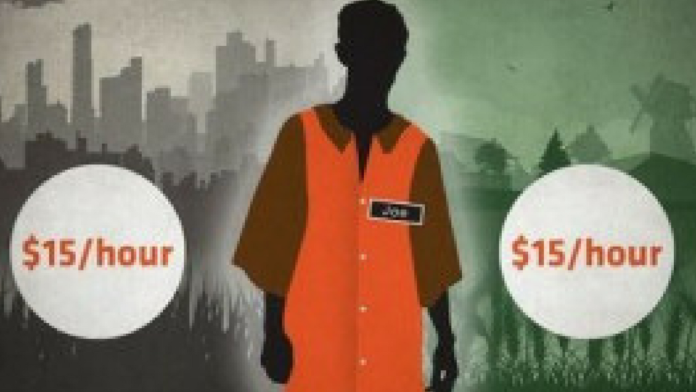SEATTLE — New findings on the negative effect of an increased minimum wage on Seattle workers may have a significant impact on the debate over minimum wage across the country.
A study by the University of Washington (UW) shows that the “employment losses associated with Seattle’s minimum wage increases are in fact large enough to have resulted in net reduction in payroll expenses- and total employee earnings- in the low wage job market.”
Low wage job workers in Seattle are working less hours and thus making less money. Specifically, with a $13 dollar minimum wage the hours worked by low wage workers decreased by 9.4 percent. The study uses employment data from Washington State from 2005 to 2016, as well as data on the quarterly payroll records within Washington. The study also looks closely at two different instances of significant increase in the base federal minimum wage, both of which are in Seattle.
The first increase saw the minimum wage go from $9.47 to $11. At this level disemployment outweighed wage offset by an elasticity, a measure of income change, of -1. The second increase was from $11 to $13, with a more drastic elasticity of -3.
Looking at the bigger picture, the study finds that the average Seattle low wage worker is paid $1,897 per month. With the shift to a $13 minimum wage the change in wage increase, compared to hours lost, results in a $125 net loss per month for the worker. For a low wage worker, $125 is a significant amount.
The UW study points out some of the major shortcomings of previous studies on the minimum wage and its on average wages. One major shortcoming is that these studies predominantly use fast food workers as the sample for low wage workers as a whole. However, the UW study claims this is problematic, as there is a similarity of wages across the fast food industry. This leads to the industry’s wages and employment being relatively unaffected. The UW study instead samples from a wider range of low-wage job types and industries.
While the study itself points out several possible shortcomings of its findings and methodology, many organizations across the political spectrum have verified that the findings are genuine, including the Washington Post and National Review.
A Minneapolis city council committee recently passed a preliminary city ordinance for a $15 minimum wage. Under this plan, large businesses (those with over 100 employees) would have until 2022 to implement a $15 minimum wage. Smaller businesses would have until 2024. Councilman Jacob Frey was responsible for adding in the wording giving smaller businesses more time.
Other initiatives such as a lower wage while training in younger employees and whether or not to allow tip credit was not decided during the preliminary hearings. While plans were made by the city council to more closely research the lower training wage, no further actions have been mentioned about a tip credit.

















